Escalating violence in Sudan, cholera cases reach 80,000... In the south, the peace agreement is at risk of collapse.

- Europe and Arabs
- Saturday , 14 June 2025 11:27 AM GMT
New York - Geneva - Khartoum: Europe and the Arabs
The members of the UN Security Council expressed their deep concern about the escalating violence in various parts of Sudan, including the city of El Fasher and surrounding areas in North Darfur State. They recalled Resolution 2736 (2024), which demands that the Rapid Support Forces lift the siege of El Fasher and calls for an immediate cessation of fighting and de-escalation of the situation in the city and surrounding areas. According to the UN Daily News Bulletin, a copy of which we received this morning,
The members of the Council strongly condemned the attack on 2 June 2025 near Al-Koma, North Darfur, on a joint World Food Programme and UNICEF humanitarian convoy, which resulted in the deaths of five humanitarian workers, several injuries, the destruction of life-saving humanitarian supplies, and the burning of several trucks.
They expressed their deepest condolences and sympathy to the families of the victims and to the people of Sudan, and wished a speedy and full recovery to the injured. The members of the Security Council reiterated the Secretary-General's call for a prompt investigation and for the perpetrators to be held accountable. The members of the Security Council also condemned the repeated shelling by the Rapid Support Forces on 29 May 2025, which damaged a World Food Programme (WFP) facility in El Fasher.
Impact on Humanitarian Operations
The members of the Council expressed their deep concern about the impact of the conflict, including attacks, on humanitarian operations. This includes reports of recent airstrikes by the Rapid Support Forces, which damaged critical civilian infrastructure, particularly in Port Sudan, Kassala, and Khartoum.
The members of the Council reminded the parties to the conflict to ensure the safety and security of United Nations and humanitarian personnel, their premises, and their assets, in accordance with international law and resolution 2730 (2024).
The members of the Council reaffirmed that deliberate attacks on humanitarian personnel, their premises, and their assets may constitute war crimes. They called on the parties to abide by their obligations under the Jeddah Declaration, as well as their obligations under international law, in particular international humanitarian law and international human rights law. The members of the Security Council reaffirmed their strong commitment to the sovereignty, unity, and territorial integrity of Sudan. A UN official after a visit to Khartoum: I saw a city torn apart by conflict.
"Facilities destroyed, others looted, and basic services almost nonexistent, including health services," is how Dr. Shebl Sahbani, the World Health Organization's representative in Sudan, described the situation in Khartoum.
Sahbani spoke to reporters in Geneva via video link from Port Sudan after returning from a visit to the Sudanese capital. "I saw a city torn apart by a conflict that has been ongoing for two years," he said.
He added that many primary healthcare centers and hospitals are not functioning, "either because they were looted or destroyed, or simply because of a lack of electricity or clean water, or because of a lack of human resources or medical supplies."
He explained that these conditions in Khartoum, along with the displacement movement, are contributing to the spread of the cholera epidemic. He reported that 20,000 cholera cases and 250 associated deaths have been recorded in Khartoum alone since July 2024.
He added: "As of June 11, 2025, we have 78,500 cholera cases and more than 1,800 deaths recorded in 14 states and 98 counties."
Separately, the UN Commission on Human Rights in South Sudan warned that the combination of "military attacks, political repression, and foreign military presence" threatens to undermine the revitalized 2018 peace agreement. This situation is fueling deep concerns, increasing instability, and widespread trauma among the population, calling for urgent and coordinated regional intervention.
The commission's chair, Yasmin Sooka, said in a statement issued Friday that the renewed violence in the country is pushing the agreement "to the brink of collapse, threatening to further fragment the country." Ms. Sooka emphasized that the agreement remains the only credible path to stability, peace, and a democratic transition. She called on regional partners—particularly the African Union and the Intergovernmental Authority on Development (IGAD)—to increase their influence and pressure on South Sudan's leaders to de-escalate tensions, return to meaningful dialogue, and fully implement the agreement.
Since March 2025, the South Sudan People's Defense Forces (SPDF) have launched sustained military operations, including airstrikes on civilian-populated areas, causing numerous casualties and mass displacement. A state of emergency has been declared in several areas where operations are ongoing. Reports indicate that Ugandan military support for the South Sudan Armed Forces—along with the government's move to recruit thousands of additional troops—has heightened public fear and concern about imminent widespread violations.
Committee member Carlos Castresana Fernandez said that the country's leaders, signatories to the agreement, must "abandon partisan agendas and work for the people." He added, "The world cannot stand idly by while civilians are bombed and opposition voices are silenced. The time for passive diplomacy is over—these senseless attacks must stop."
Political tensions in South Sudan have escalated sharply with the arbitrary arrest of key opposition figures, including First Vice President Dr. Riek Machar. The escalating violence has also deepened the country's humanitarian and human rights crises, including in Upper Nile State, which is already experiencing emergency-level food insecurity and has become a major transit point for refugees fleeing the conflict in Sudan. The panel said concerns are growing that if this conflict trajectory is not avoided, "the South Sudanese conflict will become intertwined with the Sudanese crisis, with dire consequences."
Commission member Barney Afako said that saving the peace agreement in South Sudan "must be a top priority in an already volatile region, as the agreement enables political rivals to partner toward a transformative transition in the country."
He added, "Destroying the transition process is an act of foolishness and recklessness, which will only reignite violence, deepen insecurity, impose further grave violations on long-suffering citizens, and undermine regional peace structures."
The Commission renewed its call on regional and international actors to intensify diplomatic pressure on South Sudan's leaders to ensure immediate de-escalation and full implementation of the revitalized agreement. Ms. Sooka emphasized that any unilateral attempts to obstruct the transition process and undermine regional peace structures "have serious repercussions for peace and security in the Horn of Africa region, and inaction could plunge the country into another devastating cycle of conflict."
The Commission affirmed that it continues to closely monitor developments and document human rights violations and abuses committed by all parties to the conflict, including those that may amount to war crimes.


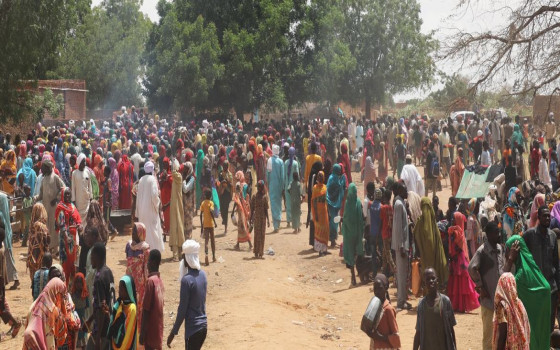
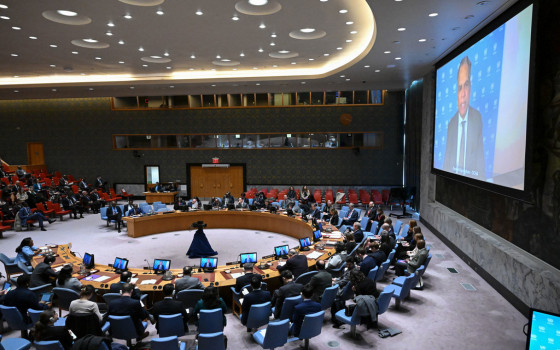
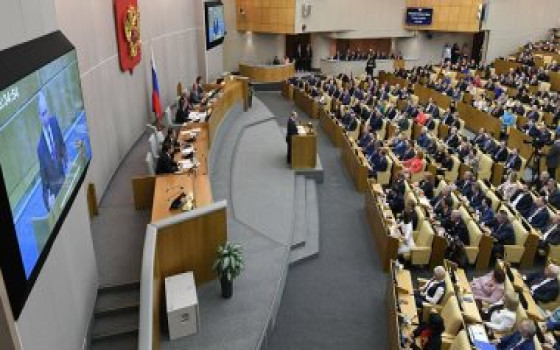
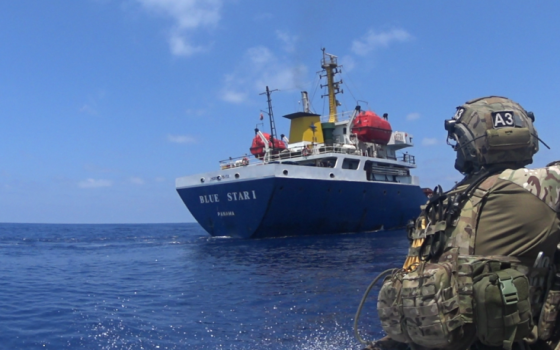
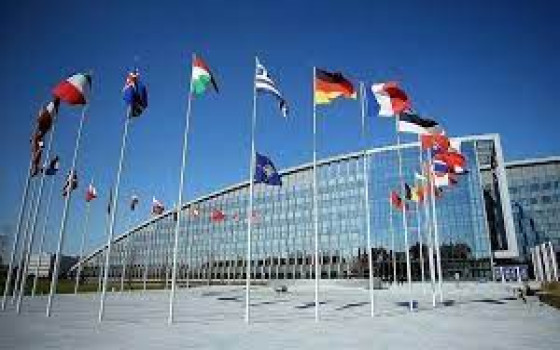
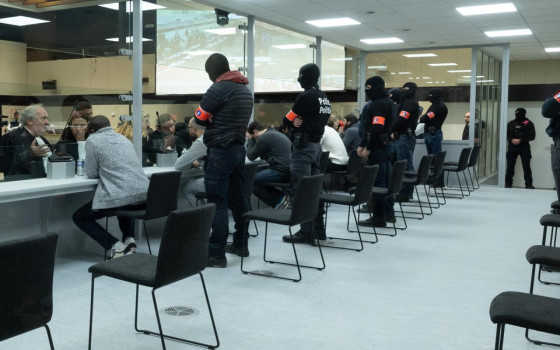
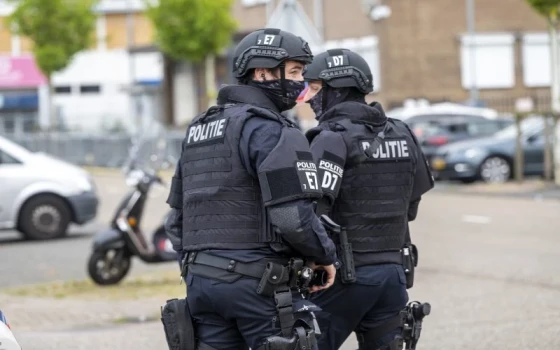
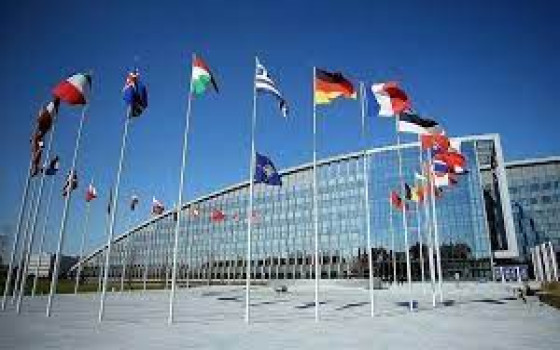
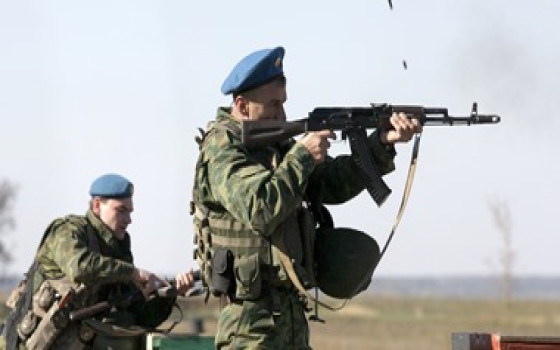
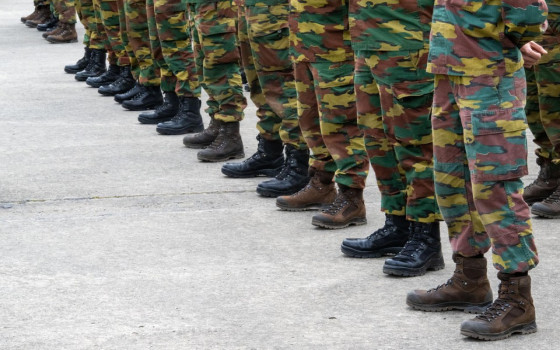

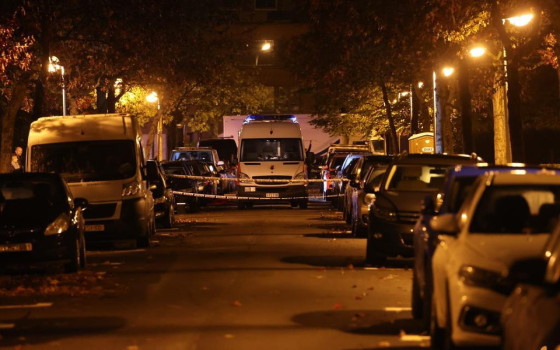
No Comments Found